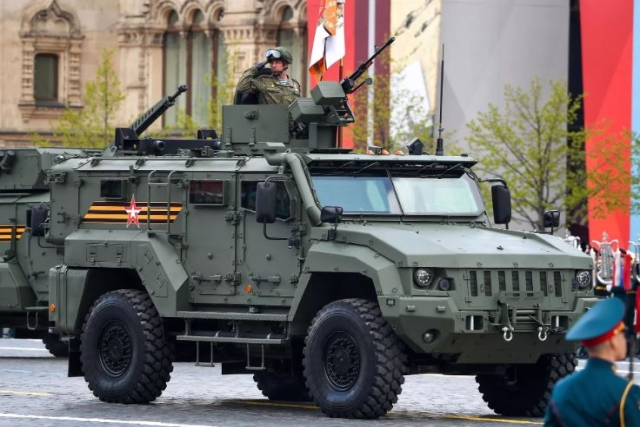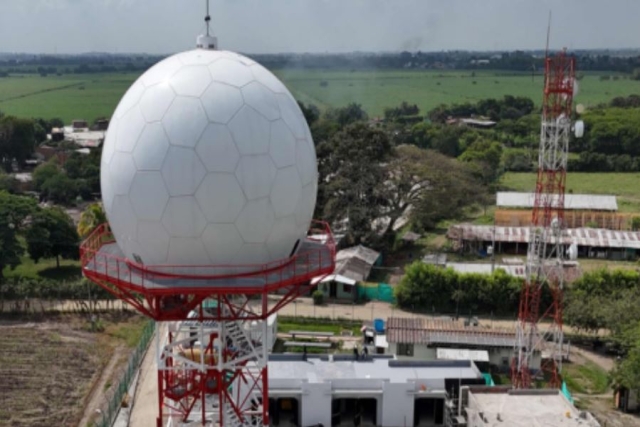Oshkosh Resumes Work On $6.7 Billion JLTV Contract As GAO Dismissed Lockheed Martin’s Protest

Oshkosh has resumed work on Joint Light Tactical Vehicle (JLTV) after the US Government Accountability Office (GAO) dismissed Lockheed Martin’s protests.
The US Government Accountability Office (GAO) dismissed Lockheed Martin’s protest earlier today based on Lockheed’s notice that it intends to file a protest in the US Court of Federal Claims. Shortly thereafter, the US Army lifted the stop work order and instructed Oshkosh to resume performance of the JLTV contract. According to the JLTV production contract, Oshkosh will begin delivering vehicles within the next 10 months, reaching an expected total volume of nearly 17,000 vehicles, as well as kits and sustainment services over an eight-year period, the company said in a statement Tuesday.
The JLTV program fills a critical capability gap for the US Army and Marine Corps by replacing a large portion of the legacy HMMWV fleet with a light vehicle that provides unprecedented protection, off-road mobility and transportability.
“The Army conducted a thorough, methodical procurement including exhaustive testing and evaluation to ensure our troops gets the best vehicle,” said Urias.
“The JLTV program fills a critical gap in the U.S. military’s current tactical vehicle line-up,” said Urias. “The Oshkosh JLTV will give our troops new levels of payload, performance and protection in a platform that was engineered to evolve as new technologies emerge and our adversaries’ tactics change.”
The JLTV Family of Vehicles is comprised of two seat and four seat variants, as well as a companion trailer (JLTV-T). The two seat variant has one base vehicle platform, the Utility (JLTV-UTL). The four seat variant has two base vehicle platforms, the General Purpose (JLTV-GP) and the Close Combat Weapons Carrier (JLTV-CCWC).











